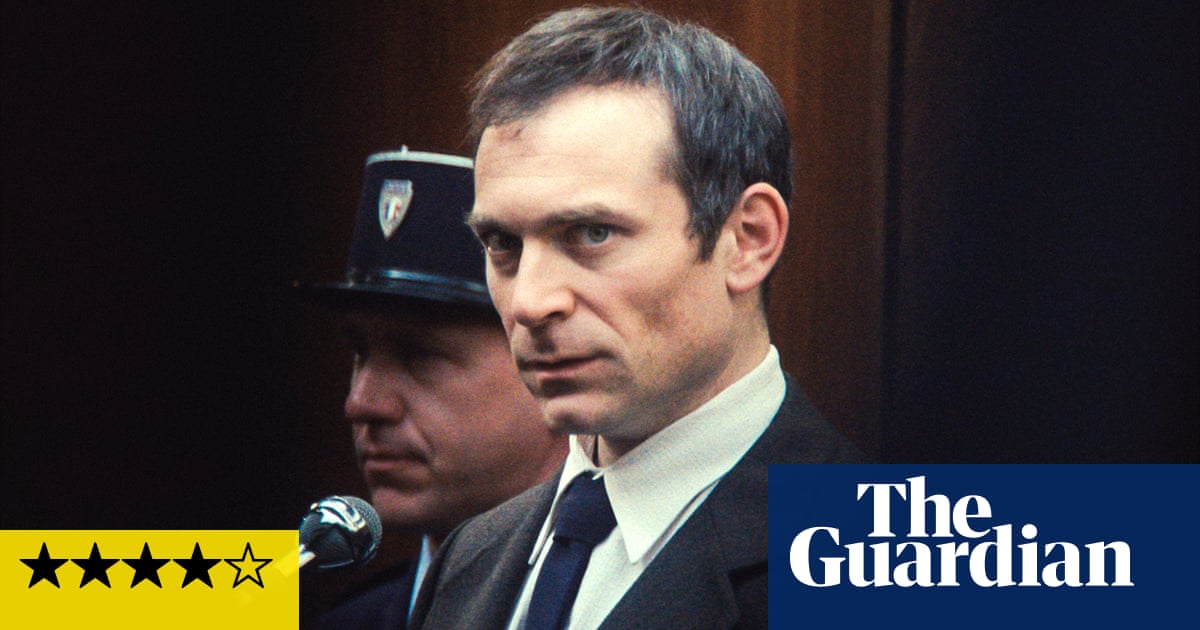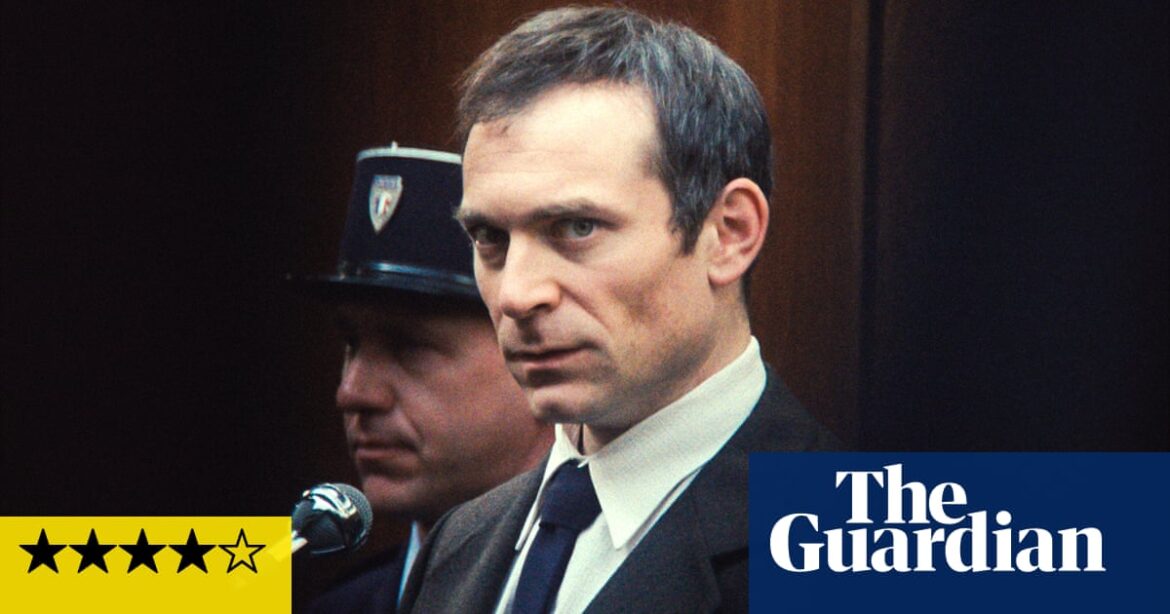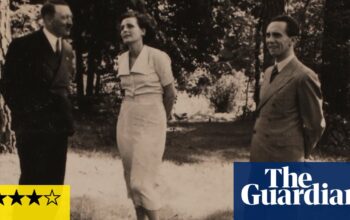
French cinema has recently given us some sensationally good courtroom dramas, such as Alice Diop’s Saint Omer and Justine Triet’s Anatomy of a Fall, both of which put ideas as well as individuals on trial; race, gender and class. Now, Cédric Kahn has reconstructed – with some fictional licence – the 1976 trial of revolutionary leftist Pierre Goldman, who had previously been convicted of killing two pharmacists in the course of an armed robbery. After publishing his polemical autobiography Obscure Memories of a Polish Jew Born in France while in prison – which made him a cause célèbre among the fashionable Parisian classes – Goldman secured a retrial on the basis that the investigation was flawed and he had an alibi for the date and time of the killings, though he admitted to earlier robberies.
And it is this chaotic, clamorous and engrossing second trial that Kahn puts on screen, a trial that brings in antisemitism and French history. Arthur Harari plays Goldman’s patient and longsuffering advocate Georges Kiejman, who, like his excitable client, is of Polish-Jewish background; Stéphan Guérin-Tillié is the court president; and Arieh Worthalter is Goldman, voluble, charismatic and contemptuous of almost every aspect of the proceedings, though not refusing to recognise its authority.
Repeatedly, Goldman dismisses all testimony on the subject of his sincerity and good character as irrelevant and inadmissible on the simple grounds that he is innocent of murder, full stop. He’s not innocent because he’s a nice guy; he concedes he isn’t. But he wasn’t there at the time. Perhaps that’s a convenient thing to argue, that he happened to be absent from the one robbery at which people were killed. Murder was a capital crime in France at this stage, though the prosecution was here calling for life imprisonment.
Those used to British or American court proceedings on screen and in real life may be bemused at the uproar that is here permitted without the president demanding silence or threatening contempt proceedings. Repeatedly, Goldman interjects and mocks; court onlookers jump to their feet and demand to be heard; jurors ask questions of the defendant and Goldman’s supporters in the public gallery chant like a football crowd; all this without the president demanding for the court to be cleared.
Doggedly, Kiejman undermines all the witness testimony and police procedure, particularly an ID parade in which Goldman was made to look dishevelled and unshaven, as opposed to the smartly dressed off-duty officers who lined up either side of him. There is an extraordinary moment in which Kiejman actually stages a reconstruction of this lineup in court, with a full-length photo of Goldman, to show the jury how misleading it would have looked. Was such a theatrical gesture really permitted in a French court? Were there no discovery rules to notify the prosecution in advance?
The point of The Goldman Case is not, as with Anatomy of a Fall, to keep you guessing after the verdict. We are not invited to wonder if Goldman really did do it after all. But the painful, acrimonious uproar is there to show how the idea of the (allegedly) guilty Jew was a trigger in French public life, at a time when the Vichy collaboration and even the Dreyfus affair were still live issues – and especially as these two Jewish men, the defendant and his attorney, were attacking racism in the police. Kahn orchestrates the angry energy with an expert hand.
Source: theguardian.com



